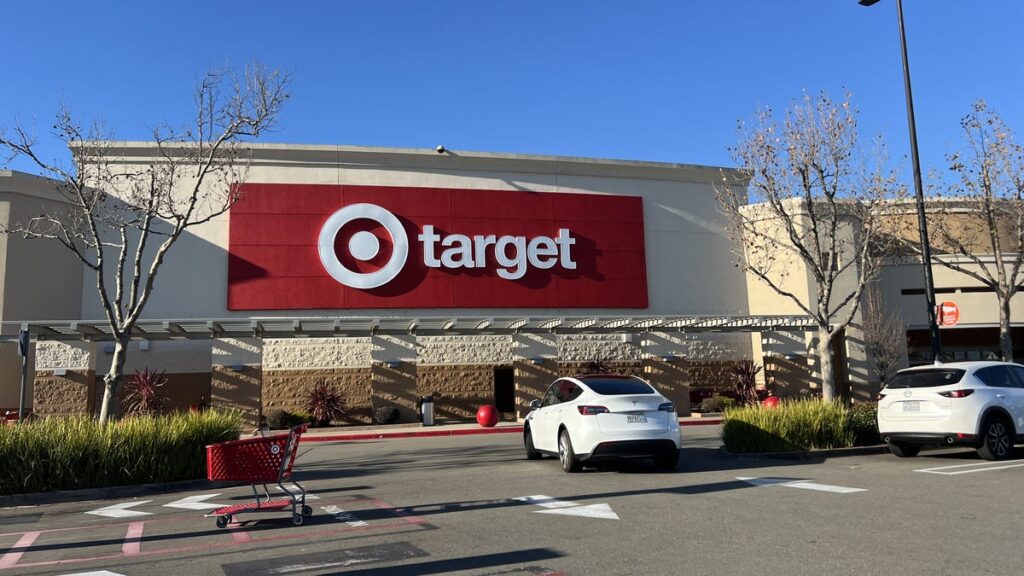In the realm of social justice and community activism, boycotts have emerged as a powerful tool for change. One significant example was the Target boycotts related to events surrounding the death of George Floyd. As communities gathered to remember his life, reflections on the economic impact of such boycotts on Black-owned businesses bring up important discussions about solidarity, support, and economic survival.
Contextualizing the Boycotts
The death of George Floyd on May 25, 2020, was a pivotal moment in American history, igniting worldwide protests against police brutality and racial injustice. In the wake of these events, many communities choose to boycott corporations seen as insufficiently supportive of the Black Lives Matter movement. Target, a major retail corporation, found itself at the center of these discussions. Activists argued that consumer spending power should be redirected to support Black-owned businesses as a method of solidarity.
The Initial Impact of the Boycotts
The boycotts had both immediate and long-term effects. Initially, businesses like Target experienced a significant decline in foot traffic and sales. However, this decrease painted a broader picture of consequences for Black-owned businesses whose survival often hinges on community support. Observers noted that during heightened periods of activism, many consumers were motivated to either abstain from shopping at major retailers or redirect their spending toward more localized businesses, which are often owned by Black entrepreneurs.
Support for Black-Owned Businesses
Encouragingly, many movements arose during this period advocating for the support of Black-owned businesses. Social media campaigns, local advertisements, and community-led initiatives emerged to uplift these entities. By showcasing products and services from Black enterprises, activists sought to funnel the economic benefits back into the community, thus reinforcing the message of unity.
Challenges Faced by Black-Owned Businesses
Despite growing support, Black-owned businesses faced a myriad of challenges. Constraints such as limited access to capital, marketing resources, and systemic barriers often curbed their growth potential. The pandemic exacerbated existing inequities, leading to further vulnerabilities in a market already struggling with deeply ingrained prejudices against Black business owners.
Community Gatherings and Collective Healing
On the anniversary of George Floyd’s death, community gatherings taking place across the nation serve a dual purpose of remembrance and advocacy. In Metro Atlanta, community members converged for prayer services that celebrated Floyd’s legacy while simultaneously addressing the broader implications of systemic oppression. Such gatherings strengthen community ties and emphasize the importance of economic solidarity.
The Role of Local Activism
Local activists play a crucial role in mobilizing support for Black-owned businesses. By organizing campaigns and events that promote local spending, these individuals bring awareness to the economic disparities affecting their communities. For instance, on the anniversary of George Floyd’s death, iconic leaders and pastors led prayer and boycott activities outside Target stores as a powerful statement of solidarity.
Embracing New Solutions
To combat the negative impacts of boycotts on Black-owned businesses, some communities have embraced innovative solutions. Initiatives geared toward improving access to microloans, providing marketing assistance, and fostering partnerships among local businesses are crucial steps in creating resilience. Moreover, mentorship programs designed to empower future generations of Black entrepreneurs are gaining traction. These programs aim to build a supportive network that encourages creativity and resourcefulness.
Looking Forward: The Path to Economic Equity
While the path to economic equity remains long, driving conversations about the role of boycotts in affecting Black-owned businesses continues to be vital. Advocates stress that each boycott should not only challenge corporations to be more responsible but also galvanize community support for local businesses. By creating a culture of conscientious consumerism, communities can sustain their economic health and move towards dismantling systemic inequalities.
Conclusion: A Call to Action
Ultimately, the intersection between activism and economic empowerment must not be overlooked. The ongoing dialogues surrounding Target and Black-owned businesses serve as a reminder that consumer choices wield power. As we reflect on significant events like the anniversary of George Floyd’s tragic death, it is essential to recognize the potential for positive change through targeted support for Black-owned enterprises. Every boycott, purchase, or promotion serves as footsteps toward a more equitable future.

